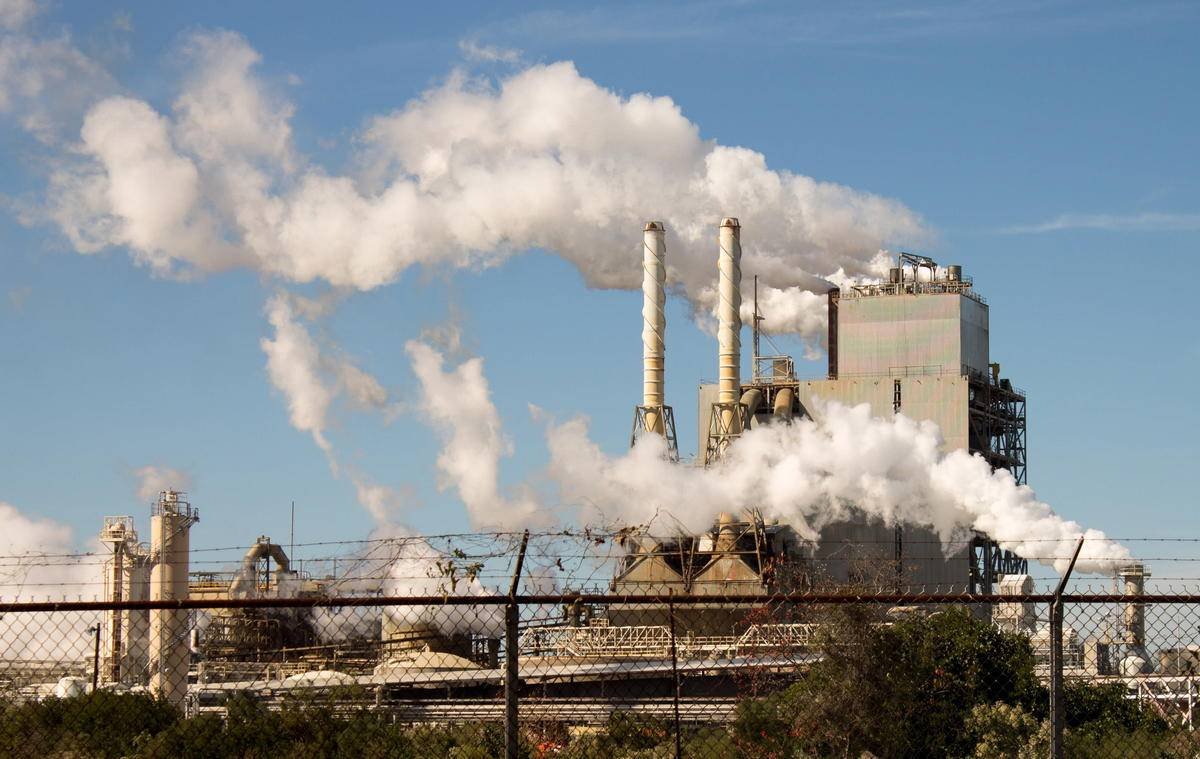Suppliers Apple, Intel, Nvidia reduce production volumes due to the situation in China

China is the world's largest consumer of electricity and the largest emitter of CO2. To limit surges in energy prices and reduce waste, the Chinese government has decided to temporarily shut off the power supply to several large production centers. In the future, this practice will be applied on a regular basis.
In order to control carbon dioxide emissions, the government has issued a demand for the provinces of Jiangsu, Zhejiang and Guangdong to reduce electricity consumption. Most of the enterprises in the high-tech industry are concentrated in these areas, so the initiative will hit the electronics manufacturing companies. Since the early introduction of energy-saving technologies or energy-efficient equipment is not possible, the authorities are planning to turn off the power supply in certain provinces for several days a month. At the same time, this will help to somewhat reduce fuel consumption and lower the cost of energy carriers.
Many contract manufacturers with brands such as Intel, Nvidia and Qualcomm have manufacturing facilities in China. Recently, these enterprises received demands from local authorities to stop production in Jiangsu from September 26 to 30. A shutdown could result in a logistical disruption or night shifts after power is restored.
On the other hand, the restrictions will not affect all factories. Thus, power outages will not apply to enterprises with a continuous production cycle, such as semiconductor manufacturers. Therefore, TSMC and UMC factories will be able to continue working. Also, according to some reports, companies that pay more taxes and small firms that are engaged in advanced, highly specialized and latest technological developments will not be affected by the restrictions.

Foxconn, a major electronics assembly service provider and Apple partner, has closed factories in Longhua, Guanlan Taiyuan and Zhengzhou since the start of the week. At the same time, Pegatron, a large apple gadget assembler, is operating as usual, and in the event of a power outage, the company can use generators to maintain the production line.
Tightening the rules for the supply of electricity can provoke the transfer of production to other areas of the country, where there will be no blackouts. Also, enterprises may well introduce night shifts or use generators, but this will no longer help reduce harmful emissions.
In order to control carbon dioxide emissions, the government has issued a demand for the provinces of Jiangsu, Zhejiang and Guangdong to reduce electricity consumption. Most of the enterprises in the high-tech industry are concentrated in these areas, so the initiative will hit the electronics manufacturing companies. Since the early introduction of energy-saving technologies or energy-efficient equipment is not possible, the authorities are planning to turn off the power supply in certain provinces for several days a month. At the same time, this will help to somewhat reduce fuel consumption and lower the cost of energy carriers.
Many contract manufacturers with brands such as Intel, Nvidia and Qualcomm have manufacturing facilities in China. Recently, these enterprises received demands from local authorities to stop production in Jiangsu from September 26 to 30. A shutdown could result in a logistical disruption or night shifts after power is restored.
On the other hand, the restrictions will not affect all factories. Thus, power outages will not apply to enterprises with a continuous production cycle, such as semiconductor manufacturers. Therefore, TSMC and UMC factories will be able to continue working. Also, according to some reports, companies that pay more taxes and small firms that are engaged in advanced, highly specialized and latest technological developments will not be affected by the restrictions.

Foxconn, a major electronics assembly service provider and Apple partner, has closed factories in Longhua, Guanlan Taiyuan and Zhengzhou since the start of the week. At the same time, Pegatron, a large apple gadget assembler, is operating as usual, and in the event of a power outage, the company can use generators to maintain the production line.
Tightening the rules for the supply of electricity can provoke the transfer of production to other areas of the country, where there will be no blackouts. Also, enterprises may well introduce night shifts or use generators, but this will no longer help reduce harmful emissions.





There are no comments yet :(